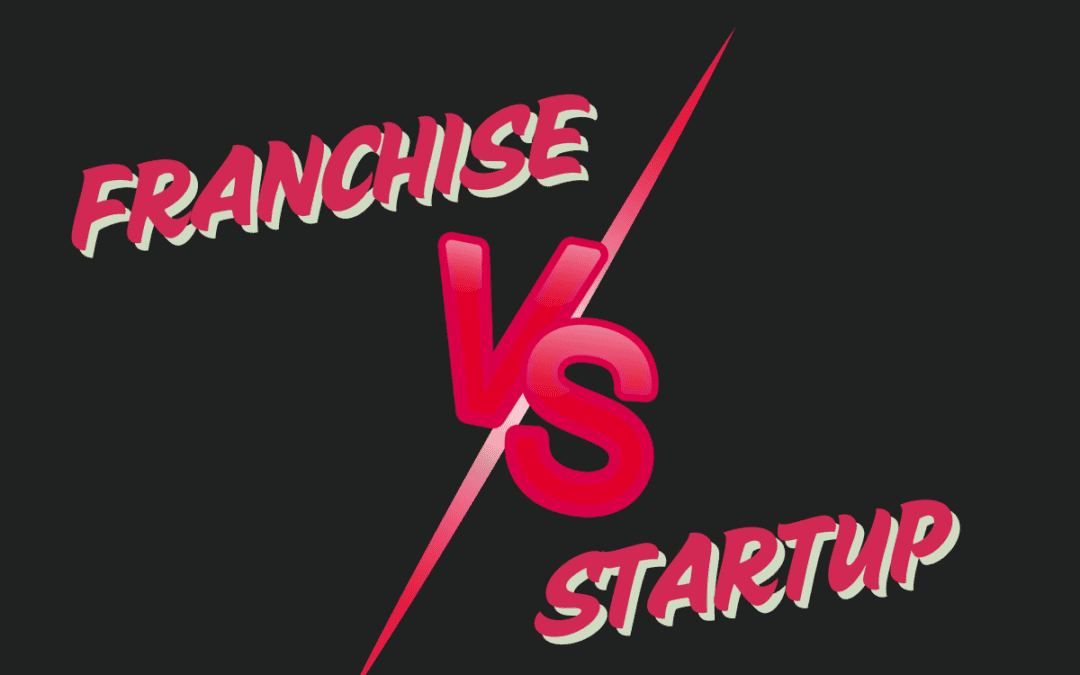So, you’re dreaming of being your own boss? That’s fantastic! Taking the leap into entrepreneurship is exciting, but one of the first big decisions you’ll face is whether to buy a franchise or starting your own business from scratch.
Both paths offer unique advantages and disadvantages, and the best choice depends entirely on your individual circumstances, risk tolerance, and goals. Let’s break down the pros and cons of each to help you make an informed decision.
READY FOR FRANCHISE SUCCESS? Grab Your FREE Entrepreneur’s Guide!
Franchises: A Pre-Built Path to Success (Mostly)
Think of a franchise as a business in a box. You’re essentially buying into an established brand with a proven track record, existing customer base, and standardized operating procedures. This offers several enticing benefits:
- Reduced Risk: Franchises generally have a higher success rate than startups. The business model is already tested and refined, minimizing some of the initial guesswork and potential pitfalls.
- Brand Recognition: You’ll be leveraging the reputation and recognition of a well-known brand. This can be a huge advantage, as customers are already familiar with the products or services you offer.
- Training and Support: Franchisors typically provide comprehensive training and ongoing support, covering everything from operations and marketing to inventory management and customer service. This is invaluable, especially for first-time business owners.
- Established Marketing: Franchises often have established marketing campaigns and materials, saving you the time and expense of building your own brand from the ground up.
- Easier Financing: Banks are often more willing to lend money to franchisees because of the lower perceived risk associated with established brands.
However, the franchise route also comes with its own set of challenges:
- Potential High Initial Investment: Franchise fees, startup costs, and ongoing royalties can be substantial. You’ll need significant capital to get started.
- Limited Creative Freedom: You’ll be required to adhere to the franchisor’s guidelines and operating procedures, which can restrict your creativity and ability to implement your own ideas.
- Ongoing Fees: In addition to the initial investment, you’ll typically pay ongoing royalties (a percentage of your sales) and other fees to the franchisor.
- Dependence on the Franchisor: Your success is somewhat tied to the performance and reputation of the franchisor. If the brand experiences problems, it could impact your business.
- Contractual Obligations: Franchise agreements are legally binding contracts with specific terms and conditions. It’s crucial to carefully review the contract before signing.
Starting Your Own Business: Building From the Ground Up
Creating your own business from scratch is like building a house from the foundation up. It requires more effort and carries greater risk, but it also offers unparalleled freedom and potential rewards.
- Complete Control: You’re the boss. You make all the decisions, from the business concept and branding to the marketing strategies and operational procedures.
- Unlimited Creative Freedom: You have the freedom to innovate, experiment, and adapt your business to your vision and the changing market.
- Potential for Higher Profits: If your business is successful, you’ll reap all the rewards without having to share profits with a franchisor.
- Personal Satisfaction: Building something from the ground up can be incredibly rewarding and fulfilling.
- Flexibility: You have the flexibility to adapt and change your business as needed without being bound by a franchise agreement.
But, starting your own business also presents significant challenges:
- Higher Risk of Failure: Startups have a higher failure rate than franchises. You’ll be navigating uncharted territory and facing numerous unknowns.
- Greater Effort and Time Commitment: Building a business from scratch requires significant time, effort, and dedication. Be prepared for long hours and hard work.
- Finding Funding: Securing funding for a startup can be challenging. Lenders are often hesitant to invest in unproven business concepts.
- Building a Brand: You’ll need to invest time and resources in creating your brand identity and building customer awareness.
- Learning Curve: You’ll need to learn all aspects of running a business, from accounting and marketing to sales and customer service.
IS FRANCHISING RIGHT FOR YOU? Grab Your FREE Franchise Buyer’s Guide!
The Verdict: Which Path is Right for You?
There’s no one-size-fits-all answer. The best choice depends on your individual circumstances, risk tolerance, financial resources, and personality.
If you’re risk-averse and prefer a structured approach with built-in support, a franchise might be a good option. If you’re a creative, independent thinker with a strong entrepreneurial drive and are comfortable with greater risk, starting your own business might be more appealing.
Do your research, carefully consider your options, and talk to existing franchisees and business owners. The more information you gather, the better equipped you’ll be to make the right decision for your future. Good luck!
Looking for More Franchise Information?
Consider speaking with a Franchise Consultant. They have the experience and insider information that could help you chart a path forward with franchising.
Franchise Matchmakers is a team of franchising professionals dedicated to helping people explore business ownership as a career path.
Contact us at info@franchisematchmakers.com to find out more about franchising options that may suit you.





